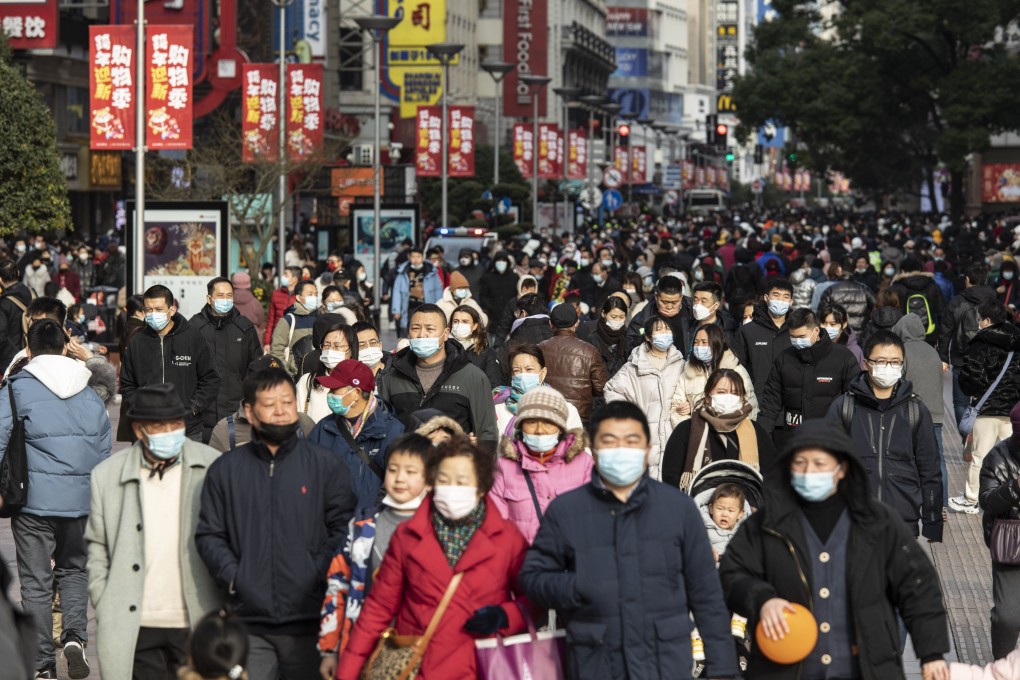China’s middle class worries about the future under Xi Jinping’s ‘common prosperity’ initiative
- President Xi Jinping’s strategy to reduce wealth inequality is now the main objective in China’s next stage of development
- But heavy-handed regulation coupled with a slowing economy has some middle-class citizens worried about their livelihoods

Six months after losing his job at an online education firm amid an industry-wide crackdown, Michael Zhao now makes a living linking mainland students with foreign English tutors – albeit on the sly.
China banned classes with overseas tutors last summer and ordered private education companies to switch to non-profit status, part of an overhaul in the sector aimed at reining in runaway investment, easing students’ workloads and reducing financial pressure on families.
“Now I’m self-employed,” said Zhao, who is using his English first name to protect his identity.
I understand at its core it is about fostering a bigger middle class. But ironically, I’m afraid I’ll fall out of the ranks before long
“So far the business is not bad. But I’m not sure if I’ll be able to sustain it because it is illegal.”
While working at his previous job as an assistant tutor, the 31 year old said he would spend his pay cheque each month with little thought, just like many of his middle-class friends. Now, he does not feel so confident.